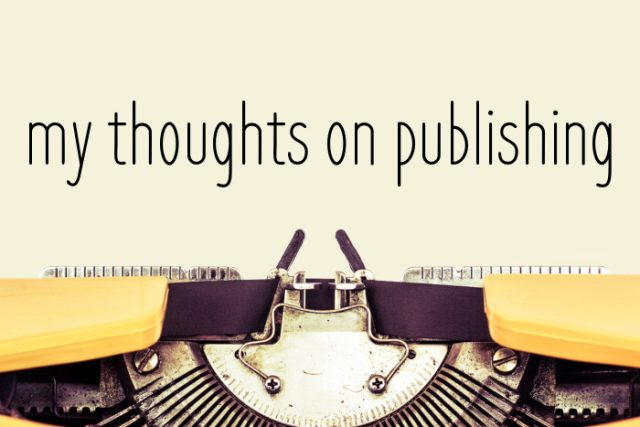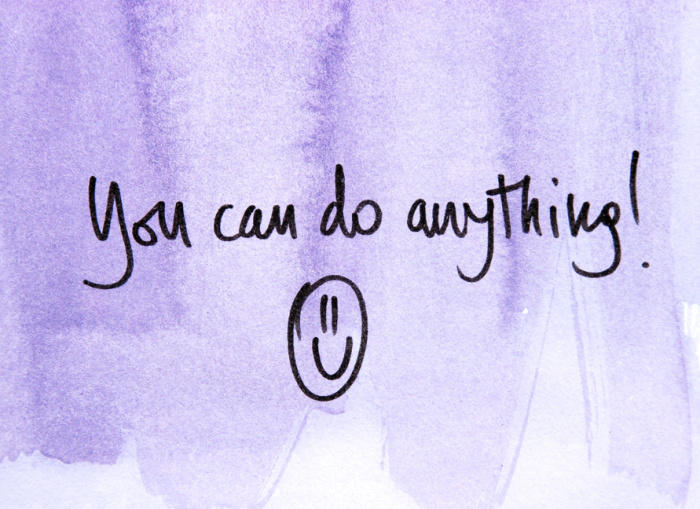The Dream of Publishing
So many of us have the same dream of writing a book and seeing it in print. And because our dreams align, I am often asked about book publishing.
How does publishing work?
How did I get my stories published?
These questions are HUGE, and yes, getting started can be intimidating. The book publishing industry has drastically changed since the 1990s, primarily because ebooks have become wildly popular. And now, because of these changes, publication methods have become more accessible to writers. That’s great news!
Getting published may feel like an utterly unreachable goal. But the truth is we aren’t trying to cure cancer. Publishing is NOT rocket science. It is totally doable if you are willing to invest time and learn the process.
I am not a publishing expert, but I have figured out a few things. This in itself should give you hope. Because even as a non-expert, I have written multiple books, created a successful publishing company (One Mississippi Press LLC), and recognized my dream of being a published author.
And guess what?
You can achieve a similar result.
Two simple truths…
- No matter which publication direction you choose—traditional or self-publishing—there is no quick solution or magic formula. Publishing requires research and work, especially if your goal extends beyond ebooks.
- If you are still in the dreaming phase of writing (which is an essential first step), my advice is this—don’t worry about publishing yet. Instead, spend your energy writing. Stressing out over publishing is premature when you haven’t completed a rough draft manuscript.
Your rough draft is complete. Now what?
First, take time to celebrate this accomplishment. Treat yourself to a slice of lemon pie or spend an afternoon at your happy place.
I’m not being sarcastic or dismissive. Most who dream of publishing a book never do the actual writing, so a completed manuscript (no matter how rough) is a momentous step in the right direction! It’s essential to honor each completed phase of the process. Writing is mostly a solitary endeavor; if you don’t celebrate, who will?
All the Learning
Next, and this is critical, set aside dedicated time to learn about publishing and protect this time from daily interruptions.
Question: How should you design your schedule? An hour each day, an afternoon each Monday, thirty minutes every morning?
Answer: Whatever plan you will stick with is the one that works best for you.
The important thing is to commit to learning about the publishing industry and treat this part of the process seriously.
This is where I repeat: there is no magical route from Point A to The End. You simply have to do the work. Yes, it’s possible to upload a manuscript to Kindle Direct Print and list your ebook for sale on Amazon within a matter of hours. But if your publishing goals extend to a wide distribution with multiple book formats, publishing speed will not be (or should not be) your primary concern.
Publishing Information
Are you ready to dig in and have some fun?
Below I have assembled my favorite publishing websites. I relied heavily upon these sites during the past few years. Helpful checklists, how-to videos, and detailed articles—everything needed to self-publish can be found within this treasure trove of information. And since the creatives behind these sites are top-notch industry professionals, I believe the most helpful thing I can do is point the way.
These websites are golden. Bookmark each one and get busy!
Jane Friedman offers hundreds of free articles, affordable classes, newsletters, and hot sheets, plus access to a wealth of valuable information on writing, editing, formatting, publishing, agents, story structure, all the things! She is a well-regarded author, speaker, and publishing professional.
Reedsyblog is another go-to resource dedicated to helping writers successfully publish. Reedsyblog offers free writing, publishing, and marketing classes, as well as a team of professional editors, ghostwriters, publicists, designers, etc., to assist every step. If you seek to be paired up with a skilled editor (for example), Reedsyblog is well worth your time.
Independent Book Publishers Association (IBPA) provides education and marketing opportunities while advocating for small and independent book publishers. IBPA is my source for learning the nitty gritty, especially regarding legal topics.
IngramSpark/Lightning Source offers global book distribution and resources to help with book publication. I use the IngramSpark platform for creating and distributing hardbacks and ebooks sold via Nook, Apple, and other non-Kindle electronic versions. IngramSparks / Lightning Source is the primary buying resource for bookstores and public libraries.
Kindle Direct Publishing / Amazon is a free and quick way to publish and distribute paperback and ebooks. I use the KDP platform to create my trade paperbacks and Kindle ebooks. The website provides easy-to-follow information and instruction.
Isn’t there an easier way?
Some self-publishing platforms offer packages for book design, conversion, distribution, and even marketing FOR A PRICE. I’ve never worked with these hybrid publishing companies (places like BookBaby, Lulu, and the like), so I can’t speak to service or product quality.
If you are interested in this service, read THIS article by Jane Friedman.
A Word of Caution
Let’s talk about vanity presses. The idea of working with a company that promises to take on much of the publishing and design load can feel like a life vest tossed to a drowning woman.
The thrill (and relief) is real.
Something else that is real? You can end up in a mess.
Vanity presses require money upfront. In other words, theirs is a pay-to-publish game. Alternatively, if you sign with a traditional publisher, the publisher doesn’t get paid unless your book sells. This means a traditional publisher is vested in your project.
Reedsy.blog provides a guide to vanity press publishing along with a simple graphic outlining the difference between vanity vs. traditional. Take a look HERE.
If you are considering signing with a vanity press, tread carefully. As with any business decision, do your research and check references. And remember the old adage—if it sounds too good to be true, it probably is.
A Few More Helpful Articles
Traditional Publishing vs. Self-Publishing
Get Started!
Now, armed with my favorite links and inspired to take the next steps in your writing journey, good luck and happy publishing!
Talya Tate Boerner










